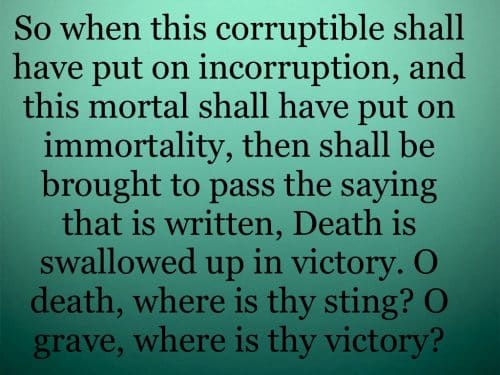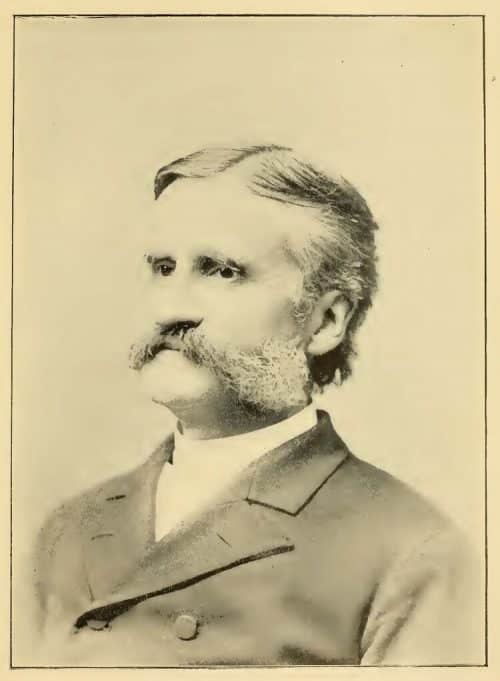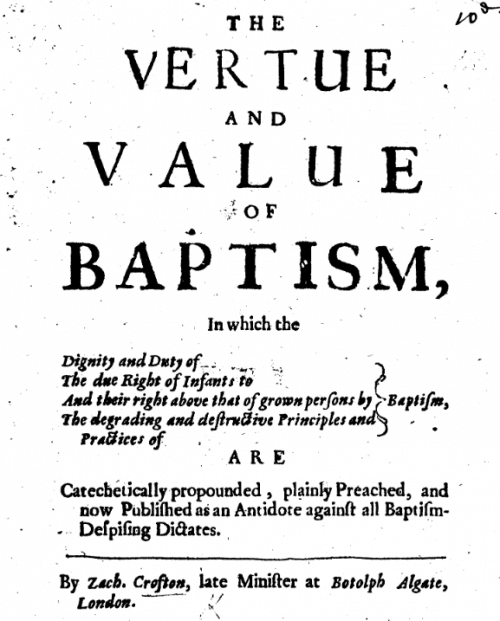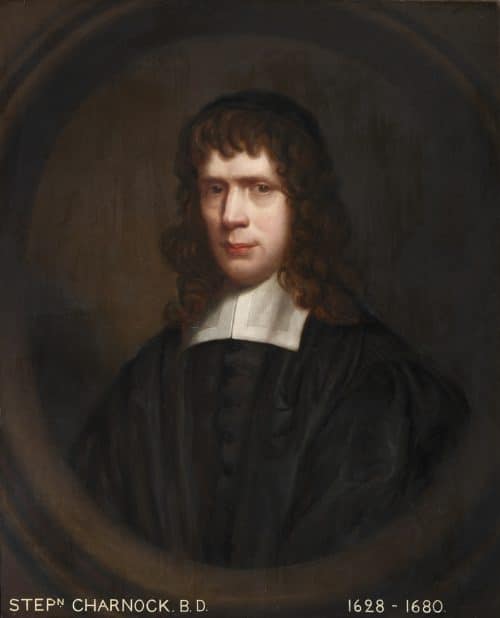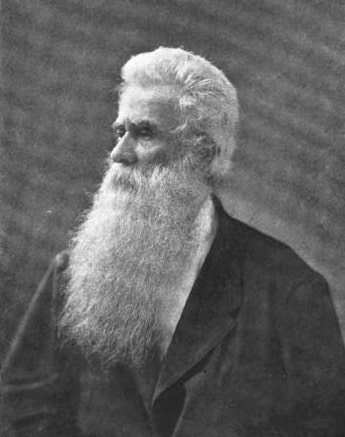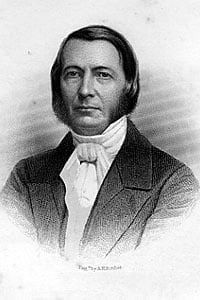[T]ake pains to climb up to that besieged house to Christ; for devils, men, and armies of temptations are lying about the house, to hold out all that are out, and it is taken with violence. It is not a smooth and easy way, neither will your weather be fair and pleasant; but whosoever hath seen the invisible God, and the fair City, makes no reckoning of losses or crosses. In ye must be, cost you what it will. Stand not for a price, and for all that ye have, to win the castle. The rights to it are won to you, and it is disponed to you in the testament of your Lord Jesus (and see what a fair legacy your dying Friend, Christ, hath left you!), and there wanteth nothing but possession. Then get up in the strength of the Lord; get over the water to possess that good land. It is better than a land of olives and wine-trees; for the Tree of Life, that beareth twelve manner of fruits every month, is there before you; and a pure river of life, clear as crystal, proceeding out of the throne of God and of the Lamb, is there. Your time is short; therefore lose no time. Gracious and faithful is He who hath called you to His kingdom and glory. The city is yours by free conquest, and by promise; and, therefore, let no unco lord-idol put you from your own. The devil hath cheated the simple heir of his paradise, and, by enticing us to taste of the forbidden fruit, hath as it were, bought us out of our kindly heritage. But our Lord Christ Jesus hath done more than bought the devil by; for He hath redeemed the wadset, and made the poor heir free to the inheritance. If we knew the glory of our Elder Brother in heaven, we would long to be there to see Him, and to get our fill of heaven. We children think the earth a fair garden; but it is but God’s outfield, and wild, cold, barren ground. All things are fading that are here. It is our happiness to make sure of Christ to ourselves. Samuel Rutherford (Letters of Samuel Rutherford, Edinburgh; London: Oliphant, Anderson & Ferrier, 1891, p. 511).


